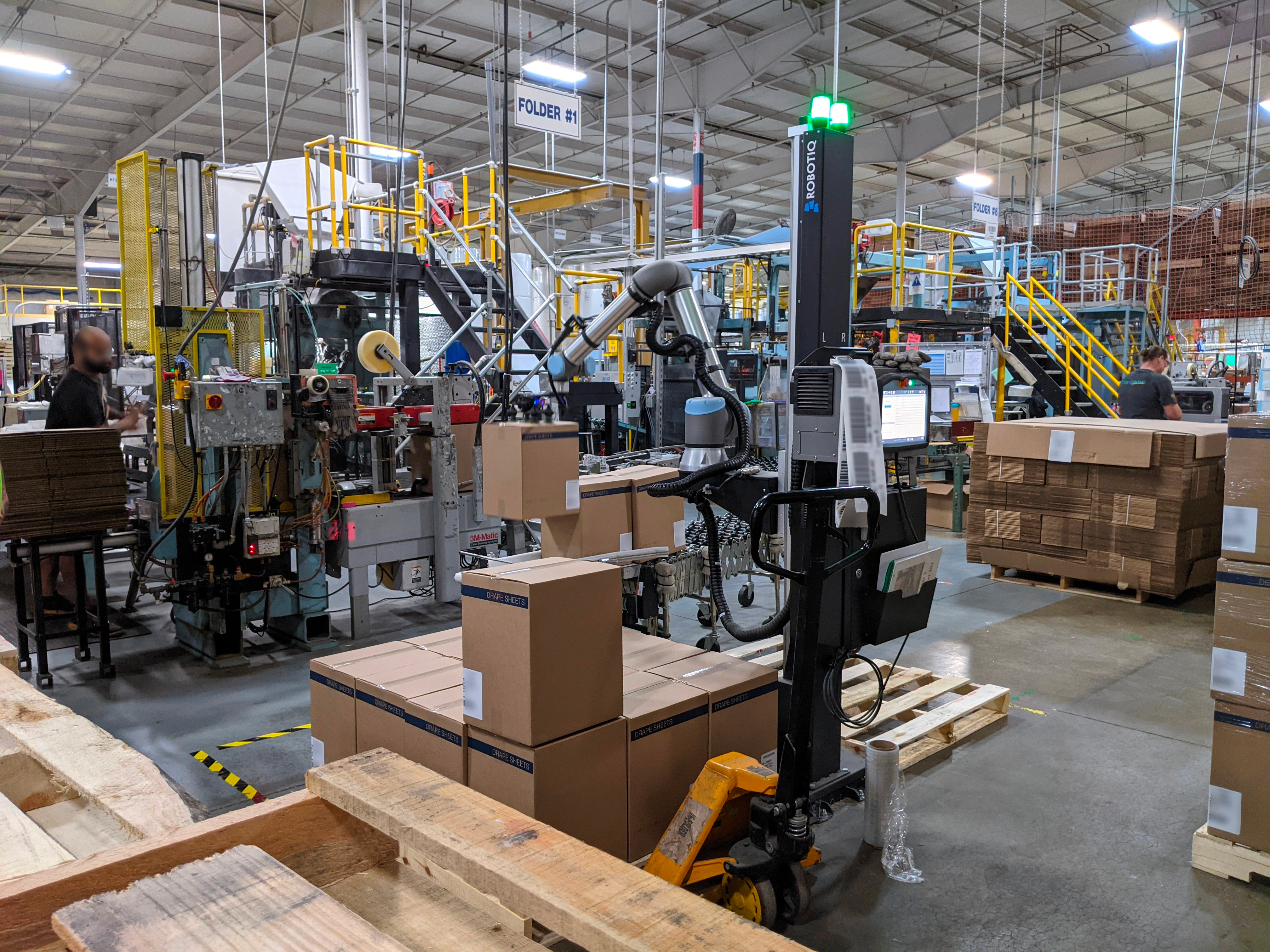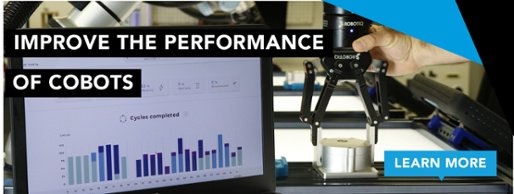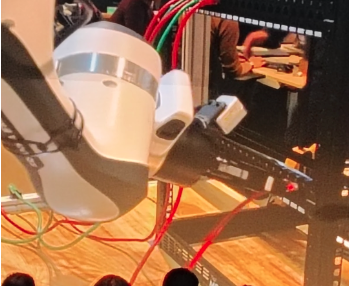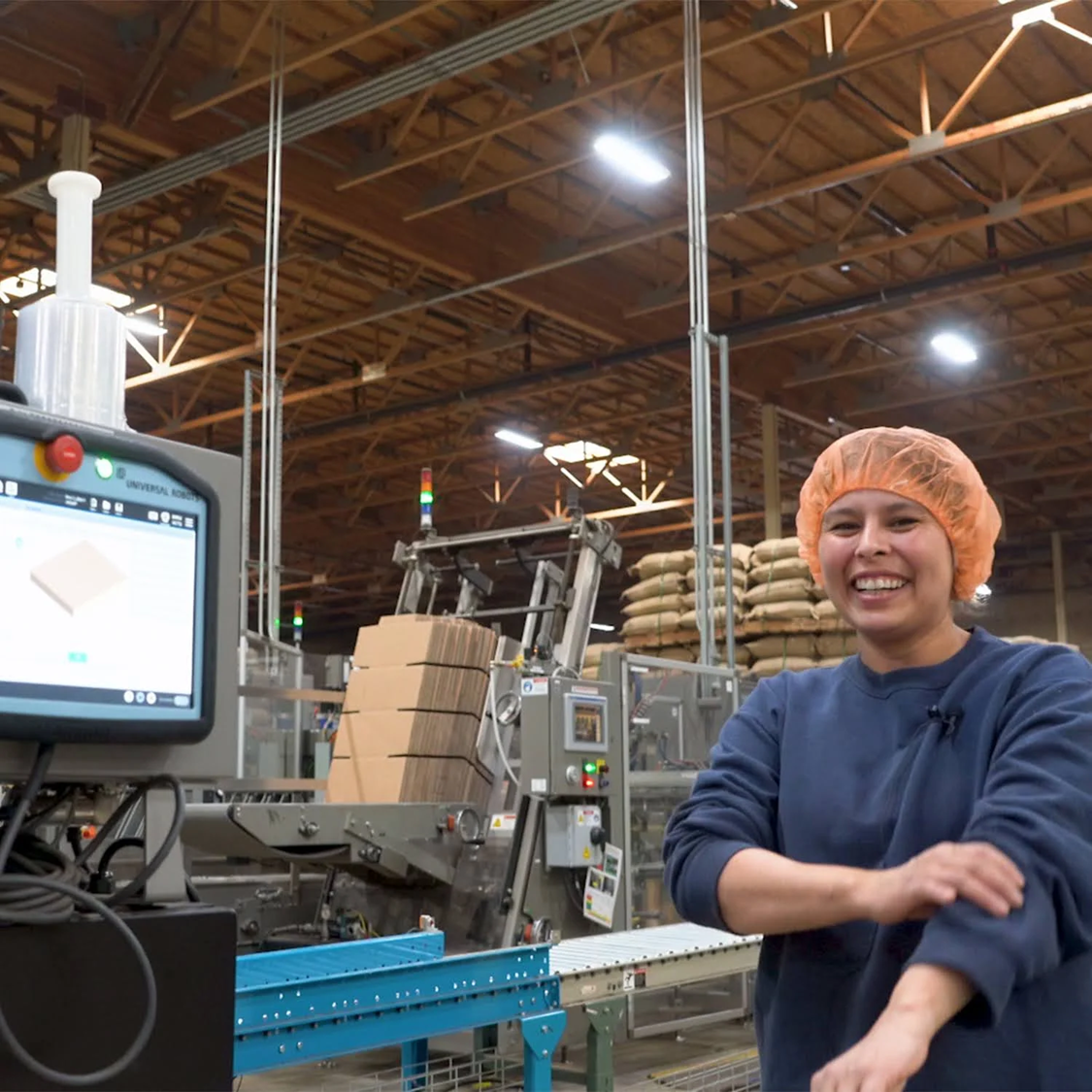How to Find the Right Logistics Automation System for You

Posted on Nov 26, 2021 in Automation
5 min read time
Are you feeling pressure to adopt more automation? It can be hard to know which logistics automation system is the right one for your business. With short shipping contracts and a rapidly fluctuating market, it can feel risky to adopt a technology that might not earn you a return.
There has been a lot of buzz around automation in the logistics industry recently.
According to industry commentators, the use of automation is booming. More and more, logistics companies are finally coming around to the benefits of adding automated processes to their business.
But, is an automation system the right choice for your company?
Just because everyone else is adopting a technology, doesn't mean it's necessary the best option for your specific needs. This can make it hard to determine which automation system you should choose.
In logistics, there are more risks to adopting automation than in other industries. When you are aware of these risks, you will be in a much better position to make a reasoned decision.
The risks associated with adopting logistics automation too early
According to a McKinsey report, automation and logistics have gone hand in hand since the very beginning — the birth of the steam engine. Despite this, there is a lot of resistance among many logistics companies to adopt modern automation.
The report says: "For all the excitement [surrounding automation], most logistics companies have not yet taken the plunge. For every force pushing companies to automate, countervailing factors suggest they should go slowly."
If you are feeling a similar way about automation, it's entirely understandable.
You might feel the push to automate to keep up with your competitors. At the same time, you might also be unsure if the current wave of advanced automation is more hype than substance.
The extra risks of logistics automation
There are some extra risks associated with adding automation to a logistics company. These risks aren't such a problem in the other industries.
These risks include:
- Overly high or false investment in technology in logistics.
- Navigating the unusual competitive dynamics present in e-commerce.
- Uncertainty as to which technologies will triumph across the industry.
- The relatively short length of contracts compared to automation lifetimes.
This final risk can be a real concern when you are considering adopting automation. Some forms of automation take a long time to achieve a return on investment (ROI). You don't want to invest in automation that will become obsolete when your current contract ends and never be able to pay for itself.
4 types of logistics automation solutions
There are a lot of different automation solutions available these days. From basic technologies like conveyors up to entirely automated robotic warehouses, the options for adding automation to your logistics company are huge.
How do you compare such varied technologies?
One way to assess automation solutions is to split them into 4 categories:
1. Conventional fixed automation
When you think about logistics automation, you probably first think of fixed automation solutions. Conventional examples include automated sortation systems, conveyor lines, and automated material handling systems.
These classic forms of automation are very common in logistics. The main problem with them is that they are inflexible. You need to know that you will have a consistently high level of throughput for a long time to justify this investment.
2. Advanced multi-robotic automation
Over the last few years, entirely robotized warehousing solutions have received a lot of press, in large part due to Amazon's use of autonomous guided vehicles. These are the type of solutions you would choose if you wanted to go all out and implement robotics all across your facility.
The major difficultly with such solutions is their huge investment and the upheaval they cause. Many logistics companies would basically have to reinvent their entire process to use these solutions.
3. Software automation
Another up-and-coming type of automation has nothing to do with physical automation at all. Software automation involves making your administrative processes more efficient by adding automated software programs.
Examples of software automation in logistics include the confusingly named Robotic Process Automation (which has nothing to do with physical robots), inventory control, automated fleet management, and predictive analysis systems.
4. Collaborative robots
If you are looking to dip your toe into automation without having to invest a lot of your budget, a good way to get started is with collaborative robots. Cobots provide a simple, cost-effective solution to automate specific aspects of your logistics processes without having to change everything.
Tasks like palletizing, for example, are perfect for logistics. They can also be deployed easily and quickly by using application kits that include everything you need to deploy the robot to your chosen task.
The payback time for a collaborative robot solution is also much shorter than with other forms of automation. Often, the robot pays for itself in just a few months.

When should you consider adopting automation in logistics?
Whatever type of automation you choose, it's important that you don't jump into purchasing the system without careful consideration.
A good sign that you are ready for automation is when some of your tasks are repetitive and you are reaching the capacity of your workers.
Automation can help if you are experiencing any of the following challenges, which are very common in logistics companies:
- Shortage of workers.
- Increased throughput due to more orders.
- A need to move your workers away from the dull, repetitive jobs.
- High cases of injury due to musculoskeletal disorders.
If you are experiencing any of these challenges, you may find that a logistics automation solution is a good option for your business.
What forms of logistics automation might work for your business? Tell us in the comments below or join the discussion on LinkedIn, Twitter, Facebook, or the DoF professional robotics community.


1_2026_Siemens_UR_demo_CES2026.gif)




Leave a comment